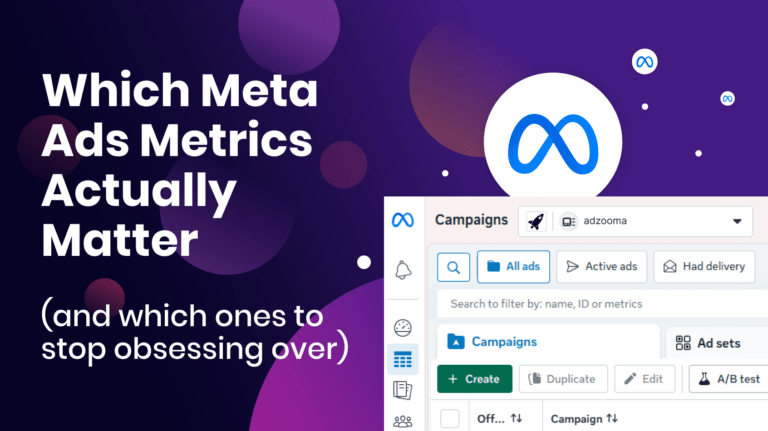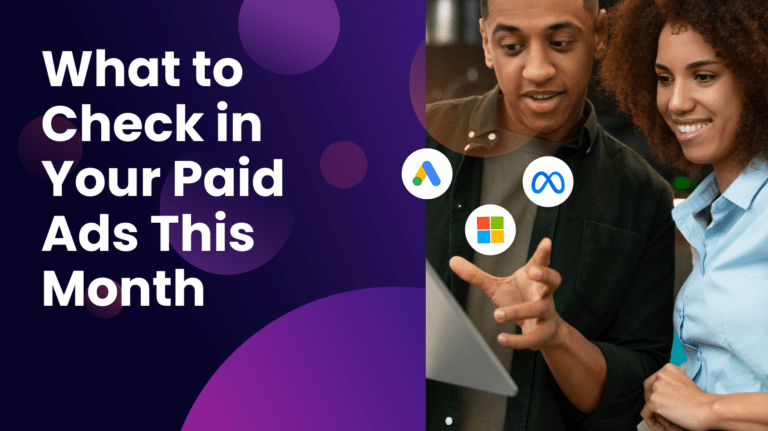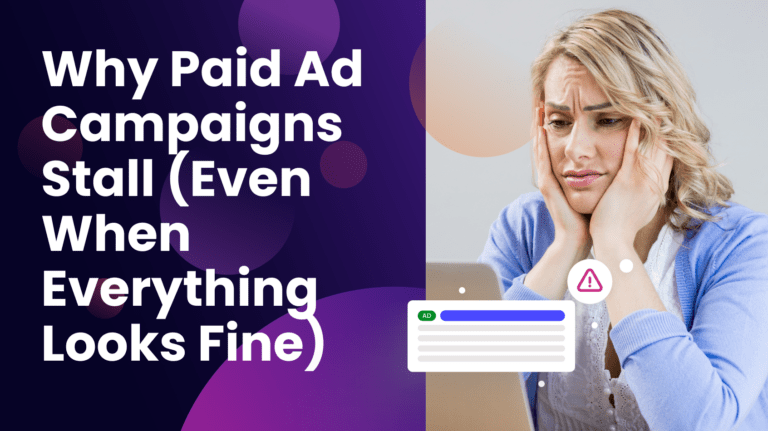Customer reviews now form the backbone of companies. Giving people dedicated platforms, such as Trustpilot (who we’ve recently partnered with), to voice their opinions incentivises businesses to do better; people attribute a lot of weight to the thoughts of those they’ve never met. In fact, 84% of people trust online reviews as much as their friends.
People find solidarity in the voices of their future selves: customer reviews give peers to those who are unsure in a format that cannot be penetrated by brands. Whilst 10% of reviews are said to be fake, this is more unlikely for smaller businesses where reviews will make the biggest impact.
Reviews have come under fire in the news recently as it’s reported that Amazon removed 20,000 fake reviews this weekend alone. With £23 billion worth of online shopping in the UK influenced by reviews, their legitimacy is more important than ever.
But just getting your customers to have a truthful, positive reaction to your brand is no longer enough – it must now be documented online for others to read.
Why do we trust strangers?
People don’t trust brands. Not naturally anyway. As people, we wear our scepticism on our sleeves and our distrust as an armour, and it’s no wonder with online payment fraud set to rise to $25 billion by 2024. It’s easier than ever to create a company, and scam artists seem to be getting braver by the second. As online shopping becomes a convenient norm and the high street falls to the wayside, we can no longer rely on our senses to ascertain a dodgy product.
But, we can listen to those who have seen, felt and used the products. The average consumer spends a whopping 13 minutes and 45 seconds reading reviews before making a purchasing decision. That’s a huge amount of time. And if there aren’t enough reviews available for a certain product, it’s a reason for them not to buy.
The psychology behind why we listen to randomers is an interesting one. It primarily taps into social proof: we act as we see others doing. Social proof is the adaptation of behaviour based on others’. For instance, if you walk into a room and everyone is walking around the edge, you’re likely to do the same because you assume that’s what you should be doing. Even if there isn’t any signage or authority telling you to do so, you assume others have some higher knowledge and copy. Social proof’s effects are most strongly felt in situations where participants feel unsure, which is why reviews hold such power.
You can see this phenomenon in action through the rapid growth of influencers: it’s in our human nature to trust those we aspire to be. If your favourite celebrity is telling you on social media how great a product is, even if they’re obviously captioning it with ‘AD’, you can’t help but be influenced. In fact, businesses average $6.50 for every $1 they spend on influencer marketing, with the top 13% earning $20+.
We don’t personally know these people, but we wish we did, and that is enough for us to trust them, regardless of their monetary motives.
The importance of customer reviews
The same philosophy can be applied to user reviews, which are made weightier when they feature on established independent review sites. Websites such as Trustpilot, Tripadvisor and Glassdoor dominate the industry with their blanket coverage, whilst niche ones such as Consumer Voice and Capterra, software review site, continue to grow.
If a customer hasn’t used your brand before, they go searching for more information. Reviews allow potential customers to gain independent knowledge, and things such as star ratings, review lengths, believability and how recent they are all play a part in building up a picture of the type of company you are. If the information isn’t available to them, they’re likely to swap to another business who’s easier to verify.
This is why customer reviews should be something your business focuses on; they shouldn’t be thought of as nice-to-haves or optional extras. Furthermore, those who push for users to leave feedback do a lot better than those who don’t. The simple reason is that reviews allow businesses to learn at the same time as providing impartial context to new users.
It’s easy to incentivise your customer-base to leave a review: look to build it into your email strategy, customer journey and in-person services. Adding a sweetener such as a discount code can be all it takes to sway someone into doing it. If you’re looking for some guidance on marketing strategy, there are plenty of industry-leading experts out there who can help.
Why reviews are the gift that keeps on giving
There are untold benefits to getting a solid foundation of reviews behind your business. Many are obvious: trust, legitimacy, reassurance. But here are a few bonuses that you may not have thought about:
1. Playing the algorithm game
The steady flow of (hopefully) positive reviews about your business will mean search engines index your content more regularly. Then, when users take to the likes of Google and Bing to research a product like yours, it’ll be your brand appearing on their feeds. Higher rankings also increase your trustworthiness – win-win.
2. Increased reach
Independent review sites offer another place on the internet which is talking about your brand. Again, this is beneficial for your rankings and it’s always reassuring to customers when they search for your brand and it appears alongside trusted names such as Trustpilot.
3. Tip those who are on the edge
Some of your customers may be hesitant about buying your product. They might be trying to talk themselves out of parting with their hard-earned cash. Some well-placed reviews that sing your praises could be what tips their decision in your favour. Consider placing some customer testimonials on your landing pages, socials and even PPC ads to boost conversions.
4. Even bad reviews are good
Even if some of your reviews are bad, they prove that you’re real. They’re also a great opportunity for you to show new customers how you deal with adversity. All businesses get negative feedback – that’s just a reality. How you deal with it, the tone in which you respond and the actions you take to rectify any mistakes is what matters. Evidence showcasing your professionalism is as reassuring as all those positive reviews are.
How the opinions of strangers better your business
As a business, you can get valuable feedback through reading your reviews. Customer feedback provides insights which allow you to understand how your offering is viewed in the context of other brands. It also helps you see what your customer experience is like and where you could improve. Moreover, you gain an understanding of what is expected of you – there may be something you’re missing completely.
It can be difficult to see the wood for the trees when you’re so cocooned in your business. Dealing with the day-to-day stops you from seeing the bigger picture. If you’re getting feedback you’re not happy with but are unsure where exactly you’re going wrong, speaking to a digital agency may prove valuable.
You should also spend some time looking at your competitors’ reviews. Reading feedback from customers who chose them over you may spark insights into how you can improve. It may be a case of brand visibility: they may have not even known your brand was an alternate option. Things such as running PPC ads on Microsoft’s Audience Network could see a huge uplift in your customers because you’re targeting them in the right places. And, now that Adzooma is totally free to use, you can be sure your ads are performing at their maximum potential.
Our Trustpilot partnership
At Adzooma, we recognise the importance of our customers’ opinions. That’s why we always encourage our users to give us feedback, get in touch with any problems and get involved with Adzooma’s future via our socials and Community Support Group.
In recent news, we’ve partnered with the world’s most powerful and trusted review platform, Trustpilot. As the number one platform to leave reviews, Trustpilot’s core values align very closely to our own surrounding openness, authenticity and trust. Together, we see a common goal in increasing the transparency between us and our users. This new partnership also allows us to offer customers 15% off Trustpilot’s annual plans!
Encourage conversation about your brand
Opening up the dialogue between you and your customers is incredibly important. After all, without any customers, you don’t have a business.
Reviews are just one way to encourage conversation between you and those who use your product or service. But, their collective voices have a very powerful effect on your brand awareness and perception. Whilst it may seem a little odd that as consumers we place so much value in the opinions of those we’ve never met, when it comes to purchasing online, reviews will always hold a lot of power; ensure your business is tapping into the insights they can bring.




